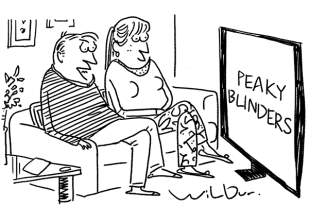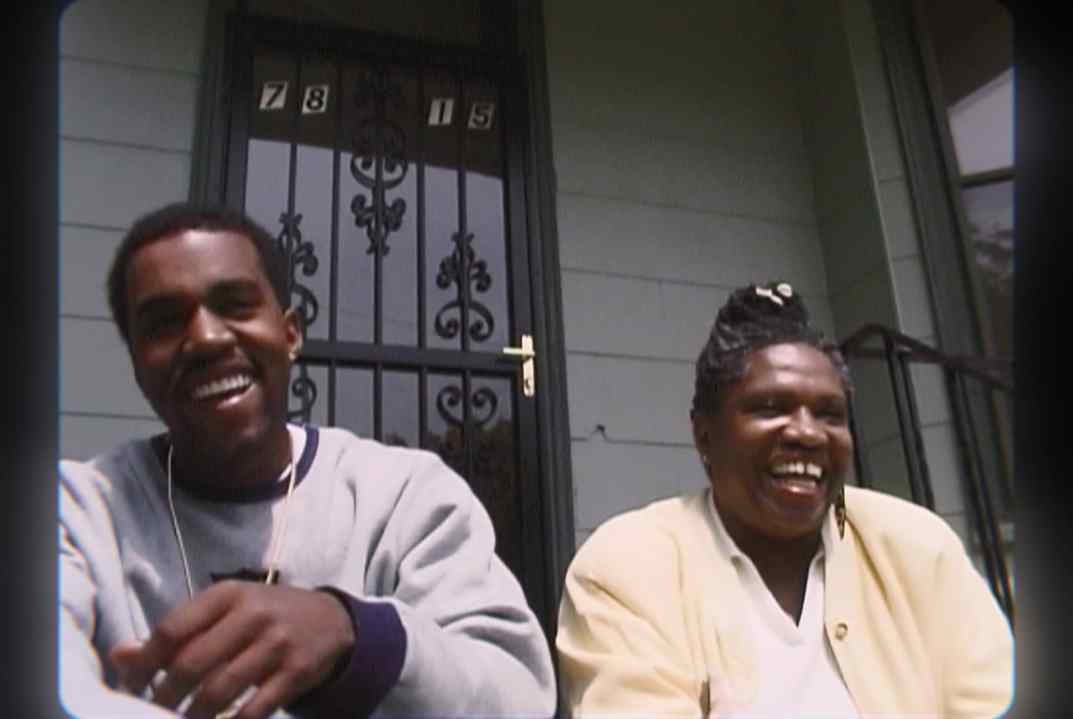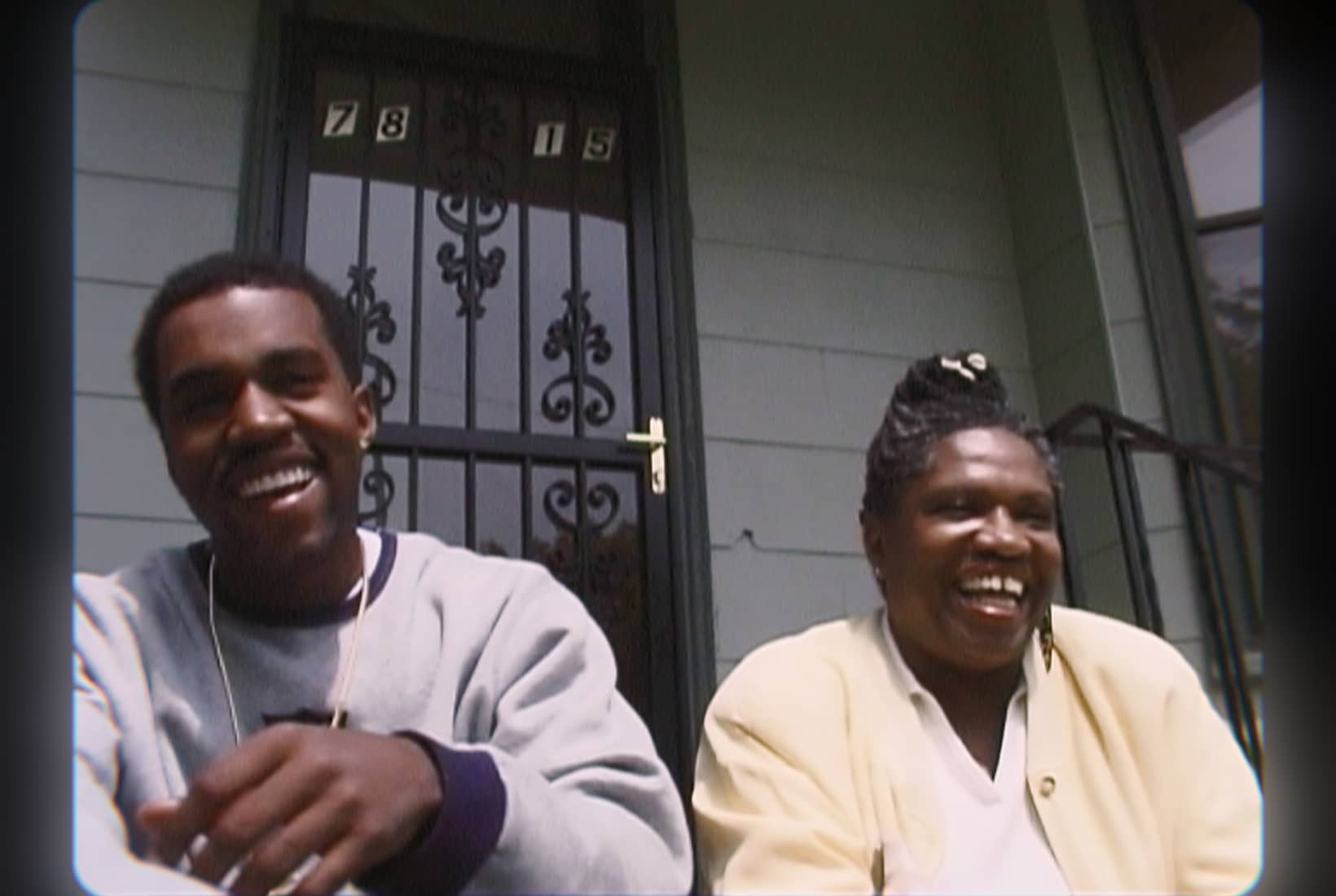The most disappointing pop performance I’ve ever seen – and in the course of my 15-odd years as a music critic I saw an awful lot – was Kanye West at Glastonbury in 2015. Perhaps he was making some kind of ironic statement on the nature of celebrity and fan expectation: blinding lights all focused on himself; no attempts to engage with the crowd; relentless, mechanical rapping but with most of the amusing samples and catchy hooks removed, the better to punish us all by ordeal with loud, righteous verbiage.
But I still admire this irritating genius hugely because besides making often very addictive albums he refuses to play the game – publicly insulting the (supposedly) most squeaky clean star in the industry Taylor Swift, making nice (at least for a period) with President Trump, preferring to rap eloquently about quotidian experience (e.g. breaking his jaw in a serious car accident) rather than about the usual gangster fodder of gats and hos.

It was because of the last that he almost never made it as a major star. His record label Roc-A- Fella recognised his massive talents as a producer furnishing better known artistes such as Ludacris and Scarface with beats. But it was never much interested in helping him with his ambition to become a rap star in his own right. He had no criminal past; he wasn’t especially into guns or violence; his rhymes and word play (mum, Donda, was an English professor) were almost overwhelmingly sophisticated, his delivery unmacho, and his breathing technique slightly odd.
This is one of the things that makes Netflix’s three-part documentary Jeen-yuhs: A Kanye Trilogy so enthralling and unusual. It shows a rare glimpse of an incredibly famous pop star before he becomes incredibly famous – when it still seems up in the air as to whether he is going to make it or not. For this, we have to thank the faith and conviction of his long-time collaborator (and fellow Chicagoan) Coodie Simmons. Coodie (then an up-and-coming independent video maker) had a hunch that Kanye would succeed and bet the farm on it – following him to New York just so he could capture footage of Kanye’s rise to fame.
Kanye himself was never in any doubt of his own brilliance or his huge prospects: a devout Christian, he believed that God had a Plan. But it certainly doesn’t feel that way when you’re watching the first of the three episodes. What you see, time and again, is a major talent being frustrated at every turn by an industry that barely wants to know.
What you see is a major talent being frustrated at every turn by an industry that barely wants to know
It makes you wonder – à la ‘Full many a flower is born to blush unseen/ And waste its sweetness on the desert air’ – how many musicians there are out there as brilliant as Kanye, who yet have had to remain nonentities. We see old video footage of Kanye at a family gathering, aged about eight, rapping fluently about the polka dot pyjamas he was wearing at the time – indicative of how long he nurtured that ambition and how long he has been practising his flow. What eventually clinched it for Kanye was first his relentless workaholism (he is a very serious, committed fellow), second his divinely blessed self-confidence and/or bumptiousness and third, his connections.
Lots of music labels turned Kanye down. You get the impression that Roc-A-Fella only really signed him to prevent anyone else exploiting his skills as a producer and creator of beats, not as a star in his own right. But what Kanye had was connections and goodwill. So when Roc-A-Fella kept holding back on the funds he needed to record his first album, Kanye did it all through the back door, snatching ten minutes or so here and there of free studio time from bigger name stars who felt they owed him one because his beats had helped turn their records into huge hits. There’s a glorious moment where Pharrell Williams hears Kanye rapping to him for the first time and is visibly awestruck that the guy he just imagined to be good with catchy beats is in fact possibly the world’s most fluent, articulate and original rapper. There are lots of moving scenes like this, the most charming involving his delightful, supportive mum, who is so obviously proud of her boy that she doesn’t even chastise him for speaking in the kind of Chi-Town street patois that was likely frowned on in his home or in her classroom.
Even if you’re not interested in rap or Kanye – though I’m sure it helps if you are – I highly recommend this documentary series, at once charming, illuminating and satisfying: a fairy tale come true.








Comments